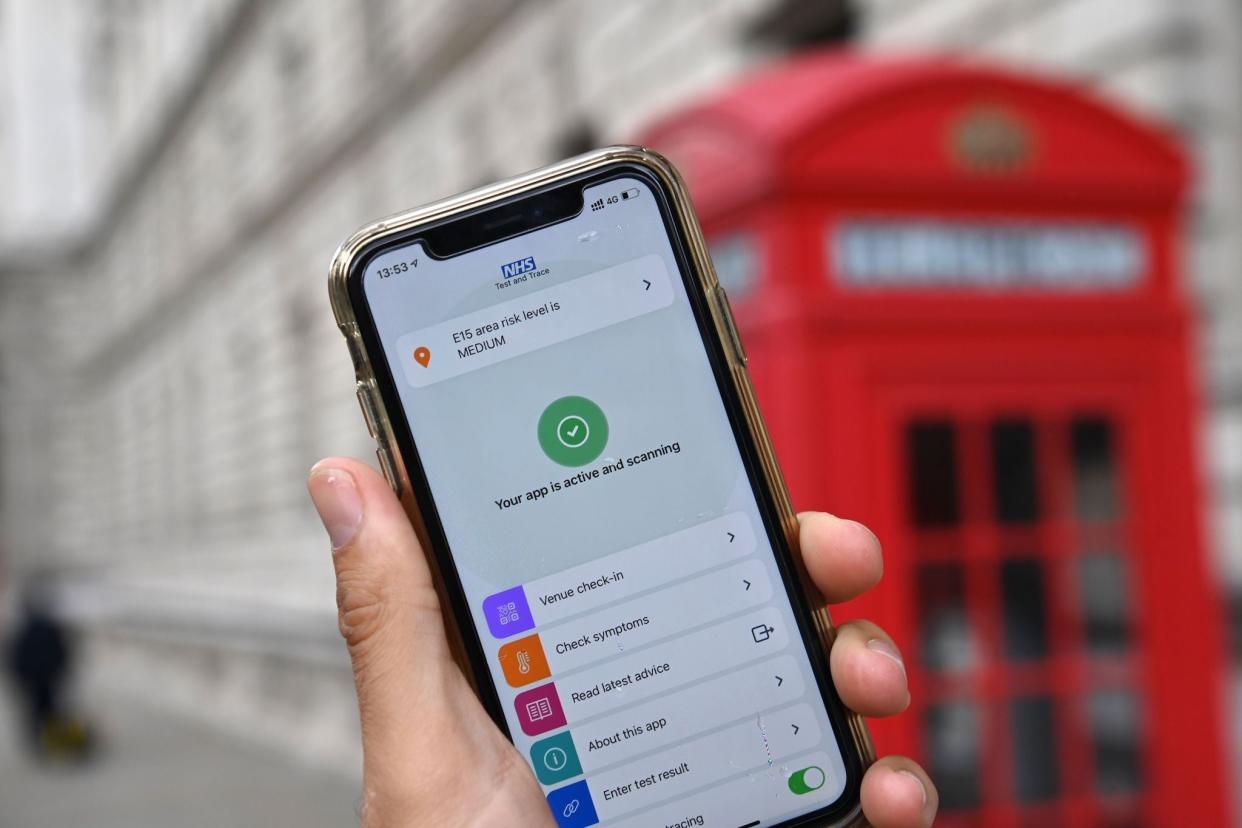NHS coronavirus app hit by major problems on first day

The NHS Covid-19 app has been hit by major problems on its first day.
Users complained they were unable to download the app, or that it did not work properly once they did.
Many of the issues were fixed over the first day of its rollout, on 24 September. But others – such as technical limitations that mean older phones are unable to use the app – cannot be solved.
Early users who tried to download it through the Google Play Store found that they were told the app was still the early version, which was used in tests on the Isle of Wight and in Newham in London.
That left them unable to use the app, since that version was restricted to people in those locations who had received specific codes allowing them to open it.
That led to a flood of complaints on the app store listing, from users who found themselves unable to get online. It was bombarded with one-star reviews.
The app later reset to work properly, though some users found they had to delete and then re-install it to actually get online, especially if they had downloaded it earlier on.
But the problems did not stop it seeing significant downloads, and by the end of the day, it had been downloaded by more than a million users on Google, according to figures on the store itself.
Apple does not give similar numbers, but the total is likely to be far higher. It was the most downloaded free app on both platforms on Thursday.
Some users also complained that they were unable to use the app at all, since it requires newer devices running more recent operating systems. Apple users must be upgraded to iOS 13.5 – which cannot be installed on the iPhone 6 or any earlier device – and Android users must be Android 6.0 or “Marshmallow”.
That led many to complain that the app would leave older or poorer people unable to use it, since it would not function on older handsets.
The government said that anyone unable to use the app should continue to use traditional contact tracing services provided by NHS Test and Trace or, NHS Wales Test, Trace, Protect.
The app is powered by an Apple and Google-developed system, using Bluetooth to keep an anonymous log of people a user has been close to.
It does this by exchanging randomised keys while the Bluetooth signal strength measures proximity.
If someone falls ill, they can tell the app, which will then ping their keys to a central server and in turn send them off to all app users in search of a match.
Should the system determine a person as a close contact, they will be automatically be sent a notification and issued with further guidance.
A QR code scanning feature is available, allowing people to check in to venues they visit and easily share their contact details for human tracing efforts.
Some 160,000 businesses have already downloaded QR codes for use in their facilities.
Both Scotland and Northern Ireland have already introduced their own individual contact tracing apps, which users can switch to should they visit either country, following the delay of the original NHS software.
NHS Test and Trace, which is responsible for the service, said the app was used to send alerts to users during a trial period on the Isle of Wight and in the London borough of Newham, after people had tested positive.
The latest version was piloted among residents of both areas as well as NHS volunteers from mid-August, after the first app was marred by technical issues and eventually scrapped.
It comes at a critical time for the UK, with confirmed cases of Covid-19 on the rise daily.
Health and Social Care Secretary Matt Hancock said the app's launch came at a "tipping point in our efforts to control the spread of this virus".
He told BBC Breakfast that the more people who download the new coronavirus app across England and Wales "the better", adding it was good "for your community".
"The more people who download this app, the more effective it will be," he said.
As the software is voluntary, its success will also depend heavily on how many people choose to download and use it.
An advertising campaign to promote the app will appear on television on Thursday evening with the strapline, "Protect your loved ones. Get the app".
Additional reporting by agencies

 Yahoo News
Yahoo News 
